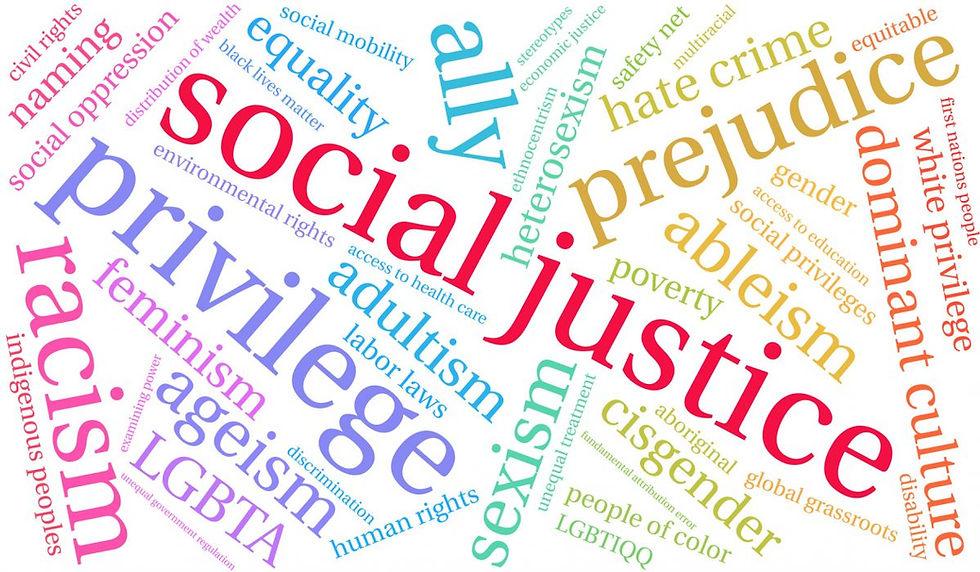Nonprofit Leaders = Social-Justice Activists for All
- Amy Van Bergen
- Apr 15, 2019
- 3 min read

Today another nonprofit leader I respect used the phrase “circling the wagons” to describe an organization that has closed itself off to the broader community.
Moments later I read more than one social media post with the hashtag #LoveMyTribe. These were posts by non-Indigenous Peoples who were referring to their friends and family as their “tribe.”
So, since all nonprofit leaders are social-justice activists of one variety or another, I decided to share some thoughts about how we speak about Indigenous Peoples, since it is so common and too easy to use phrases like these that can cause offense. And, if we all do a better job of thinking intentionally about how we speak and act, all our communities will benefit.
My disclaimer: I am not Native American and while I sought feedback and advice from a variety of Indigenous Peoples, any mistakes are my own.
The first bit of advice? Find out whose land you live on and then honor it. I live in Florida, a state that was illegally taken from the Seminoles. The Seminole Tribe of Florida is also notable as the only tribe that never signed a peace treaty. During the 19th century, the US government spent more than $40 million trying to fight and remove 5,000 Seminoles. According to the Seminole Tribe of Florida’s website, the Seminole people - men, women, and children, “were hunted with bloodhounds, rounded up like cattle, and forced onto ships that carried them to New Orleans and up the Mississippi. Together with several hundred of the African ex-slaves who had fought with them, they were then sent overland to Fort Gibson (Arkansas), and on to strange and inhospitable new lands where they were attacked by other tribes, in a fierce competition for the scarce resources that they all needed to survive.” The Seminoles can trace their history in this area back for 3,000 years.
Where do you live and who lived there first?
Avoid acting disparaging or using phrases that disparage Indigenous culture. As already mentioned, don’t say things like “circle the wagons, “I love my tribe,” “let’s have a pow wow,” “lowest person on the totem pole,” “too many chiefs, not enough Indians,” “Indian giver,” or talk about your “spirit animal,” etc. One of the most stunning things to me was when I recently saw that preschools in my area still encourage children to “pretend to be an Indian” for Columbus Day or Thanksgiving holidays.
If you are white, check your privilege at the door and leave it there. It is not up to native people or people of color to deal with our racial identities or explain their experiences to us. It’s up to us to learn. While it may be tough, explore and understand your own family history and role in displacing Indigenous Peoples from their tribal lands. As I write this at my dining room table, I have portraits of two of my ancestors hanging nearby who were in the sugar trade in the 19th century, traveling between New Orleans and New York. I can’t help but think of the people who were taken advantage of, sold or displaced because of their actions and inactions. I may not be guilty of my ancestors’ actions, but I do feel I have a responsibility for correcting them.
Visit/support your Native Peoples cultural arts, history or tourism center. Here in Florida, there are museums, tours, and special events you can attend to learn more: https://www.floridaseminoletourism.com/
If you catch me accidentally using an offending phrase, call me on it. I will thank you for it. And I will do the same for you.











Comments